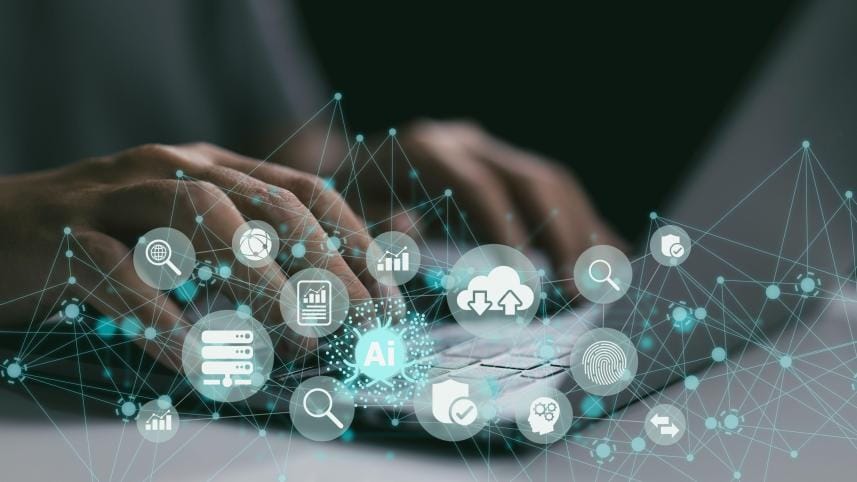Digital trends transforming workplace

A few weeks back, I happened to be in Mumbai, a busy city in India, well known for its heavy traffic.
During my stay, I extensively travelled using Uber. The volume of traffic varied significantly from day to day and when I asked, the Uber driver explained that most offices in the city follow a work-from-home regime, and employees, in general, work from the office mostly on Mondays and Fridays. And hence, traffic delays are normal on the two days. That had me thinking about how the advancement of digital technologies is impacting life in general.
With nearly unlimited cloud storage, the hyper-connected world is moving at an accelerated rate. Most countries today consider connectivity as a basic right like water and electricity.
Not too long ago, there was a time when we calculated daily losses on a day of blockade/hartal. I can bet that if connectivity is blocked or disrupted nationwide for a day, the loss would be far greater by comparison.
While it is vital to introduce digital technologies to workplaces, it is equally important to identify the problem areas where they can be implemented. Let's look at some of the recent digital trends which will impact workplaces in the immediate future.
ARTIFICIAL INTELLIGENCE
Artificial Intelligence is being widely used. Chatbots are being used at call centres to reduce/replace human interactions through calls and emails. This is already in use in Bangladesh albeit with less sophistication.
Many developed global companies have completely stopped providing human-operated call centre services. AI-based virtual meeting apps can do wonders, including scheduling meetings based on calendars and preferences, proposing a range of times by email, negotiating with the other side, and sending invitations among others.
The return on investments in AI is very high. Research indicates while an individual takes 17 minutes to schedule a meeting, a virtual assistant can do a lot more charging only $100 per month!
CONTEXTUAL INSIGHT AND MACHINE LEARNING
Sensors or embedded devices are steadily becoming a global necessity in the enterprise, generating a vast measure of data that, if not managed well, can easily become a concern. In such a situation, harness data in context to understand location, activities, environment, emotion etc. Commonly used technology includes an occupancy sensor, smart parking and an employee engagement app. The aggregation of information through machine learning could be extremely useful allowing organisations to move to a data-driven workflow.
AUGMENTED REALITY
Augmented reality allows a whole range of user support, allowing experts to guide customers through the process of repairing and fixing a problem via a remote view. It won't be long before it will be extended to a larger group, enabling groups of users to access augmented information with the touch of a finger.
Groups will be able to simultaneously edit documents on a virtual whiteboard. Meetings will include real-time summaries of actions and decisions.
CYBER SECURITY
Cyber security and data management are so important that their absence can bring productivity to a complete halt. As we digitally share confidential information, it is imperative that security protocols are installed in every system.
APIS (APPLICATION PROGRAMMING INTERFACE)
APIs are an integral part of the digital workplace. Virtually anything we do daily is done through countless interconnected websites and apps. Imagine life without being able to contact your co-workers, order food, approve documents online, order rides or pay online using your device. The process of connecting different apps, devices, webs and databases is connected through APIs.
The traditional landscape of the business world is continuously transforming, along with the role and importance of technology. Today's tech innovations aim to make the workplace more efficient and smarter for everyone. As such, business leaders need to pay close attention to the latest innovations in tech and leverage technology to realise their business objectives.

 For all latest news, follow The Daily Star's Google News channel.
For all latest news, follow The Daily Star's Google News channel.
Comments